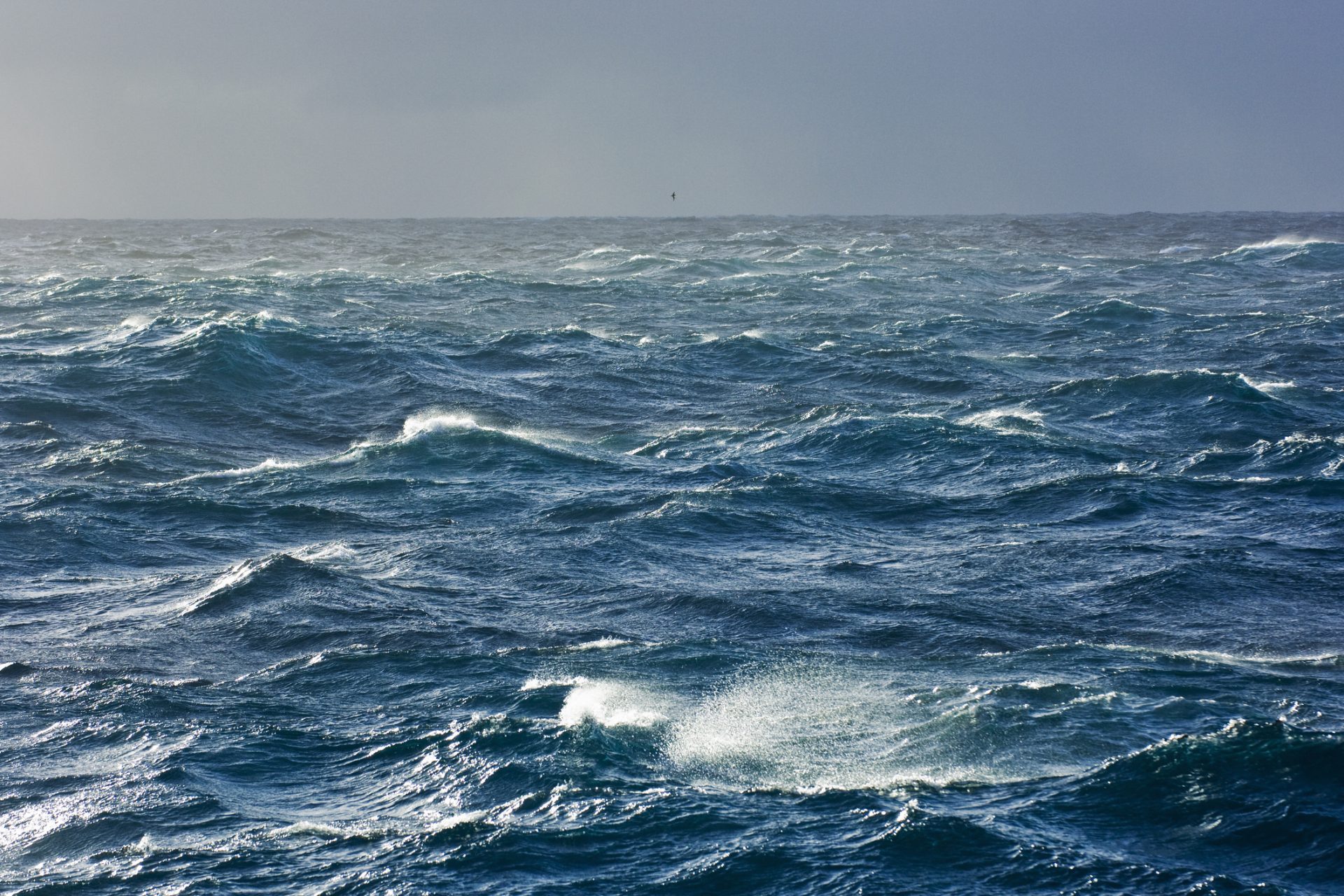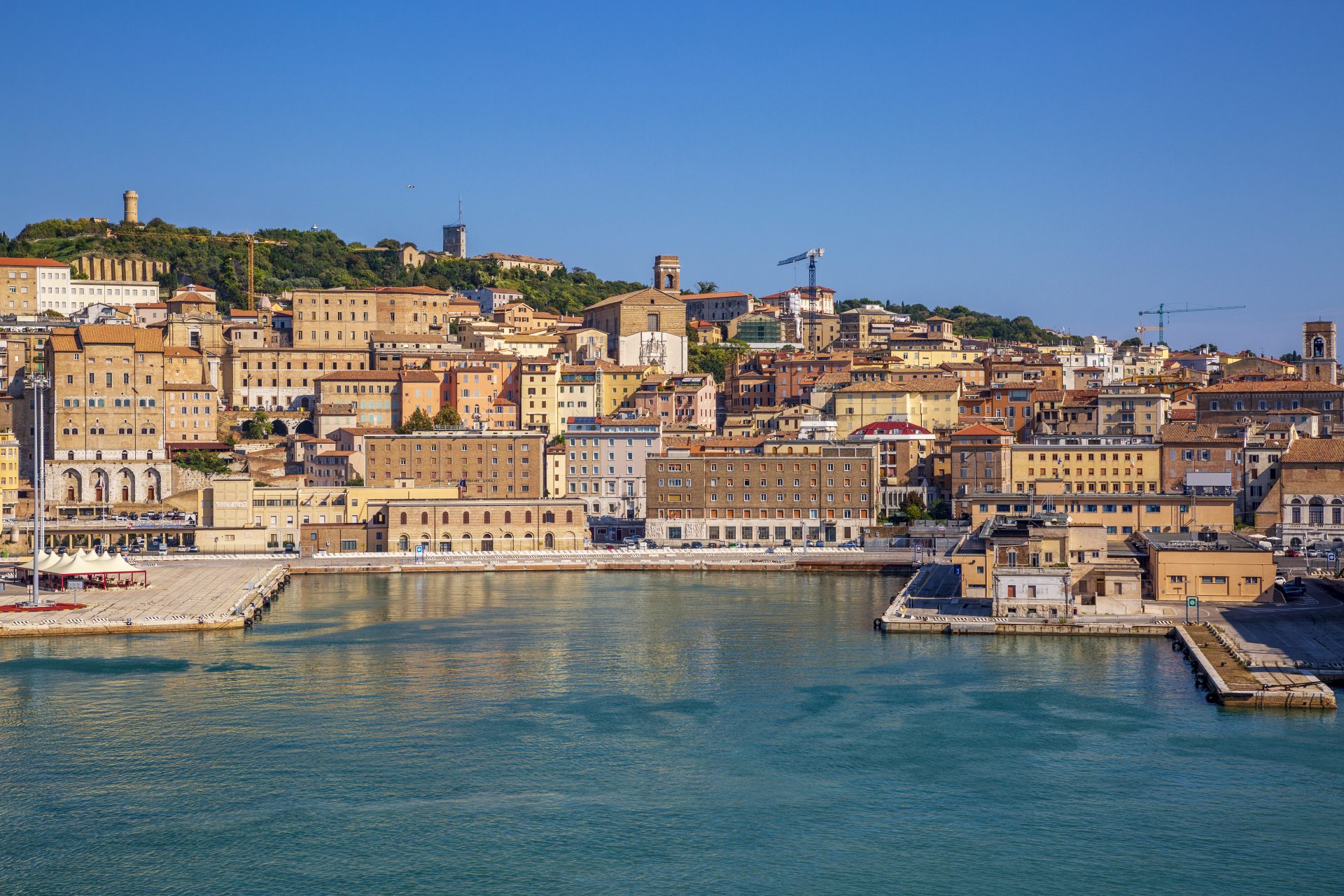Changes in the Atlantic Current could destroy the planet
An alarming new prediction about the Atlantic current indicates that it could slow down as early as the 2030s, potentially triggering a catastrophe on Earth.
The Atlantic Meridional Overturning Circulation (AMOC) is the main ocean current, responsible for regulating the planet's climate.
The AMOC transports hot water from the tropics to the North Atlantic, where it cools, becomes saltier and sinks into the ocean. Then, the current spreads south, influencing weather conditions in various parts of the world.
César Barbedo Rocha, professor at the Department of Physical Oceanography at the Oceanographic Institute (IO) at USP explained: “The water becomes very cold and loses a lot of heat to the atmosphere."
And he continued: "It becomes heavier than the water below and sinks violently. So, to compensate for this water that sinks in the upper part of the ocean, there is transport towards the north, in the Atlantic.”
The professor also highlighted, in an interview with the USP newspaper, that this is a long-term process, where water that sinks in the North Atlantic returns to the surface for cooling after approximately a thousand years.
Photo: Unsplash - Jeremy Goldberg
The problem is that global warming, caused by greenhouse gas emissions, alters and threatens the mechanism that controls heat transport within the AMOC.
Photo: Unsplash - Paul Summers
Using climate models on supercomputers, researchers simulated the impact of melting glaciers and discovered a significant change in sea currents much earlier than expected, reports the UOL website.
According to the University of Copenhagen study, the weakening of the AMOC could contribute to a rise of up to one meter in sea level, resulting in the flooding of several coastal cities.
Not to mention the change in rain and drought patterns in the Amazon, intensifying the harmful processes already observed in this ecosystem.
The alerts have been made for some time. In February, a group of researchers from the Institute for Marine and Atmospheric Research at Utrecht University detected signs of a progressive weakening of Atlantic ocean currents, according to a report in the Spanish newspaper 20minutos.
Photo: Pixabay
Furthermore, quantitative studies indicate that there is a 95% chance of this collapse occurring between 2025 and 2095, before the end of this century, reported the University of São Paulo (USP) newspaper.
Even with so many warnings, most countries are not prepared to deal with variations in climate change, which are different in each region of the world.
Never miss a story! Click here to follow The Daily Digest.
Photo: Unsplash - Cristian Palmer
More for you
Top Stories


























